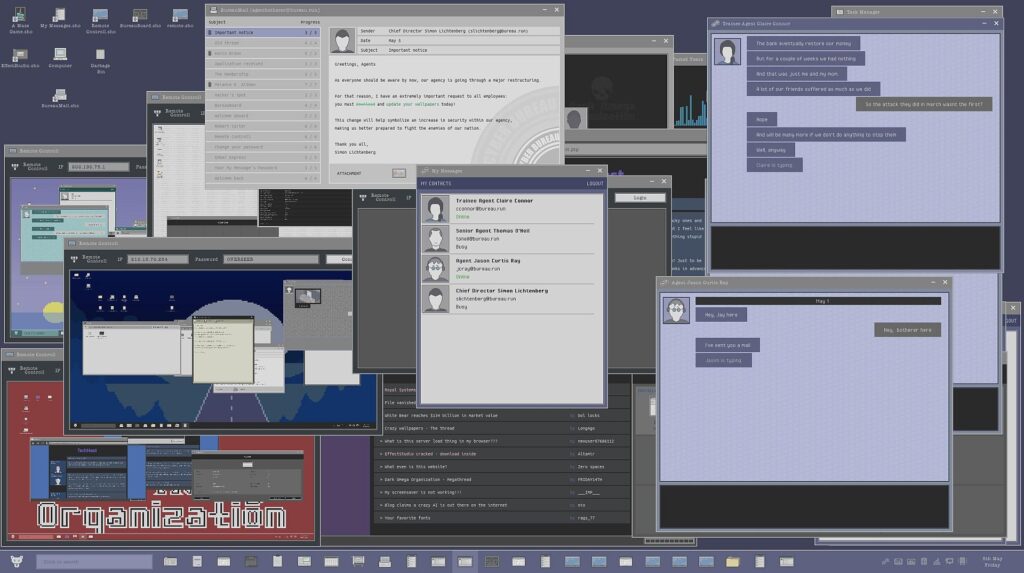
PC
I love the idea of being a hacker. Of breaking into people’s computers to read all their criminal secrets, using all sorts of apps and tools to achieve my morally ambiguous goals. I also have no desire to learn how, because it looks hard. Fortunately, Cyber Warrior let me live out this fantasy for a brief while without ever having to learn a single thing. Apart from how not to play the game.
There are all manner of games out there that either want to teach a player to code, or rely on the player already having a knowledge of coding. (I always think of this like authors insisting on only publishing novels about the production process of printing a book.) But fortunately, Cyber Warrior eschews all this technicality. Instead, this is a story-led game about becoming a white hat hacker, working for the imaginary Cyber Bureau of Intelligence to thwart the actions of a nefarious group called the Dark Omega Organization. It’s just that it’s also an often broken game, filled with weirdness, that I feel compelled to recommend to you anyway.
Set in a vague timeline, played out on a sort of early 2000s era OS, and with the atmosphere of the days of Anonymous, you’re somewhat reluctantly encouraged to return to the CBI to help combat the actions of Dark Omega, who have recently stepped up from mischief to emptying the bank accounts of the vulnerable to the tune of millions of dollars. Equipped with a Windows XP-like desktop and an ever-growing number of applications, you’re guided through a narrative by colleagues via an MSN-like messaging app and an email inbox.
At first you’re researching via a web browser (with a fantastic number of results to find, the vast majority of which are nothing to do with the story, which is a great feature), but soon you’re gaining access to the computer desktops of Dark Omega members, rooting through their files, battling their defences, and trying to dig out IPs and passwords for other members as you go.
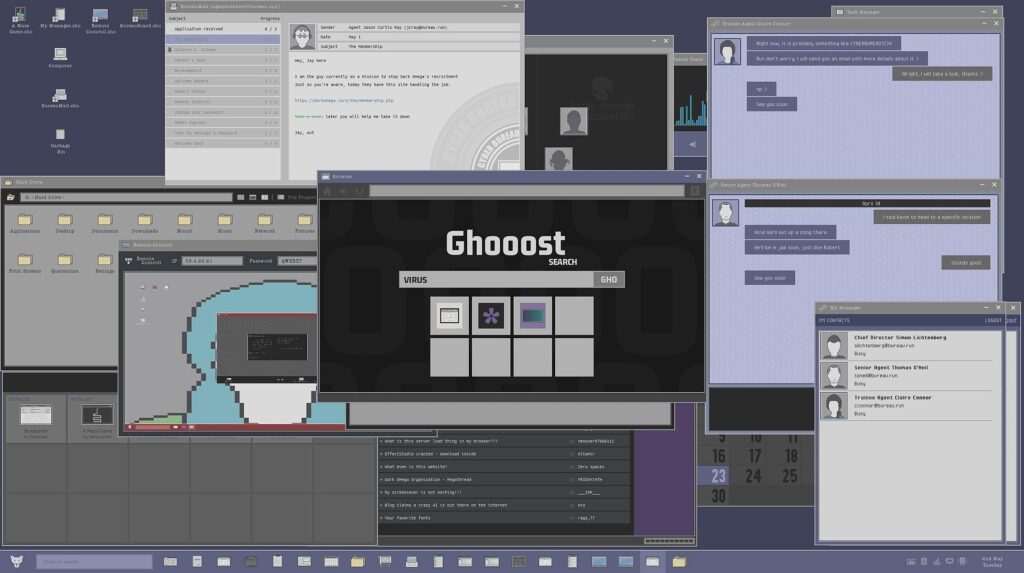
So, as I often tell backers behind-the-scenes, one of the biggest frustrations of running Buried Treasure is the frequency with which a game I’ve put hours into then turns out to be broken, or unfinished, or takes a weird right-turn into unpleasant places, and no longer qualifies as a treasure worth recommending. Hours are lost, backers are unrewarded, and my guilt levels become dangerously high. At first, I thought Cyber Warrior was going to be yet another example of three mornings’ work wasted, because it’s guilty of the first of that list–it’s a bit broken. But, here’s the thing: I’ve really enjoyed it anyway, and a very responsive developer on the Steam Discussions pages has ensured that as I and others have hit these issues, they’re fixing them as fast as they can. Also, I know how to prevent you from having the same problems:
Be less cheeky.
Hacking games traditionally encourage the player to push their luck. The whole point is to see if you can get into another computer, right? Or not follow the rules? Except, trust me, that’s not the right way to play Cyber Warrior. Is that a major fault with the game? Yes, I think it is. But if you agree to stick to the prompts in the storyline, you’ll avoid the various soft-locked places I found myself. Both times I was completely unable to continue (and just saving and reloading fixed this, the game resetting me back to where I was supposed to be in the plot), it was because I’d taken the initiative and progressed without bringing the story along with me.
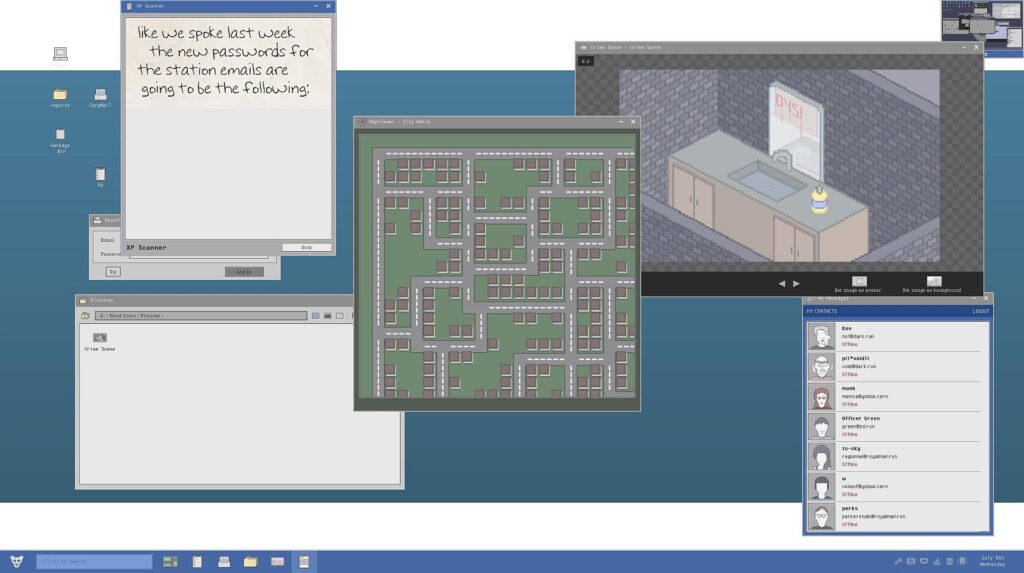
Splendidly, developer Dunke has been extremely receptive to these issues, and is working on shutting down the errant pieces of information that allowed me to do this. The game is unquestionably at fault here: I was finding usernames and passwords I shouldn’t have yet, because they were there to find. In an ideal world, the game would adapt itself to my inspired actions, but I’m also aware that this is likely a solo developer and that’s an extraordinary amount of work. So, I guess, if we all play nice and agree to follow the suggestions of the in-game colleagues, most of this can be avoided.
That done, there are all sorts of lovely puzzles in here. And interestingly, they’re surrounded by the most extraordinary noise of red herrings. There is so much on every desktop that isn’t relevant to progressing the story, so many tools you get access to but never need to use, passworded files I’ve never figured out how to open despite successfully finishing the game, and what look like elaborate setups for complex puzzles that turn out to be nothing to do with anything. (The architect has pages of design docs that, I guess, were just his day job! The indie game designer was genuinely designing a truly terrible racing game!) It becomes quite fascinating, not knowing which threads to pull at, so tugging everywhere until something unravels.
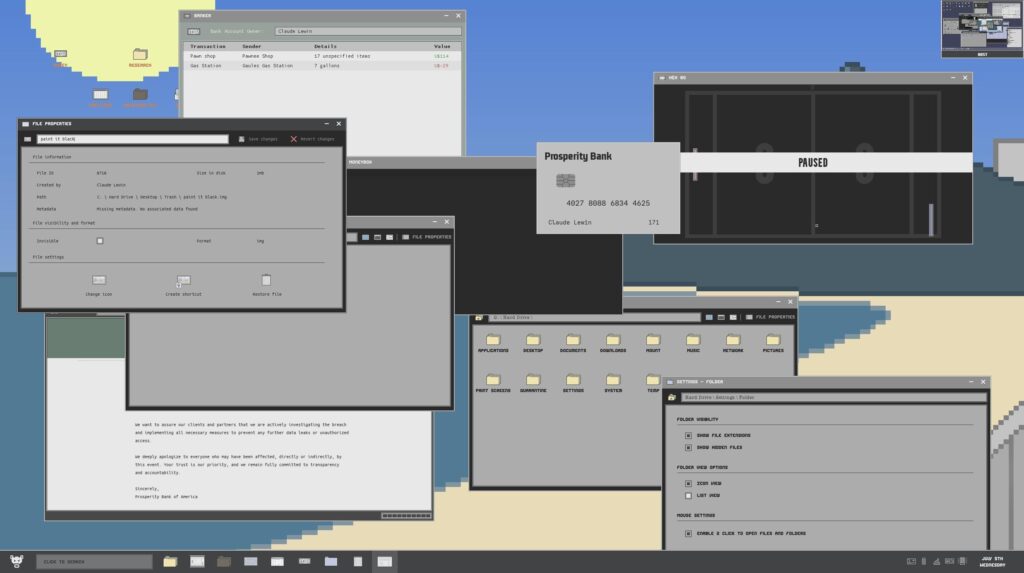
OK, so normally I pick games about which I’m near unequivocally positive, and that’s definitely not the case here. I have complaints about the story, where it takes some bemusing leaps, characters disappearing and reappearing without any satisfactory explanation, and there’s one very big issue with a supposed twist being too obvious too soon. Obviously the softlocks are a serious problem. And I wish there had been an awful lot more closure to so much of what was hinted at throughout. It feels like a very ambitious idea, but without the suite of skills necessary to deliver on it all.
But I’ve really enjoyed it! I’ve had fun, poking through files, battling viruses, digging out passwords from images, and all that good stuff, and all without having to know what a command line is. (Although I should note there is a command line option for a lot of stuff, for those who do.) I’ve played it all week, and even enjoyed the process of going to the Steam Discussions to find out if I’m stuck or the game is. I miss those collaborative investigation games and accessible ARGs of the early 00s, and the process reminded me of that.
Clearly it’s your call if you want to spend a tenner on a game that I’ve enjoyed with all manner of qualifications. But I genuinely believe the game is getting better as players feed back the issues, and despite the narrative bumpiness, I love these sorts of entry-level WYSIWYG hacking sims. I also love that Dunke put so much work into this, even if some more is needed.
- Dunke
- £9/€11/$11
- Steam
- Official Site
All Buried Treasure articles are funded by Patreon backers. If you want to see more reviews of great indie games, please consider backing this project.
70





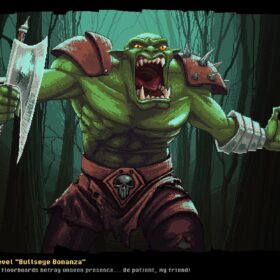
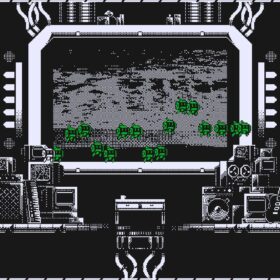



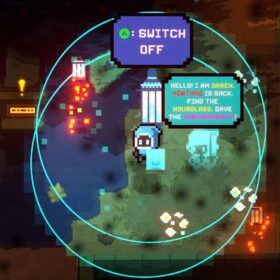


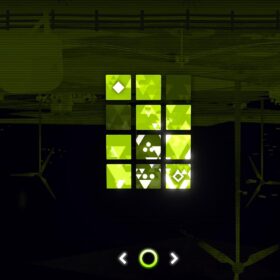

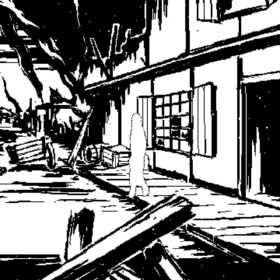



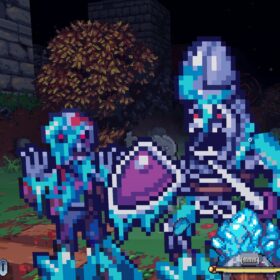
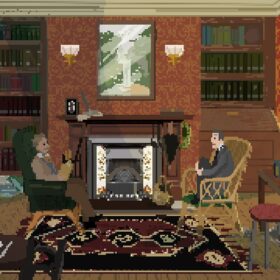
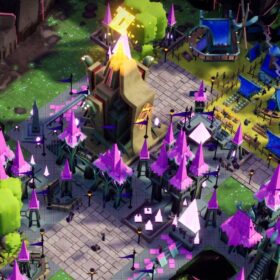



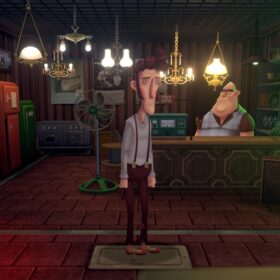
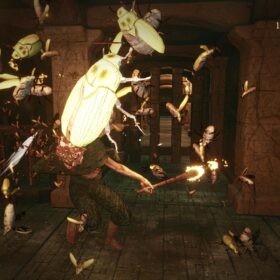

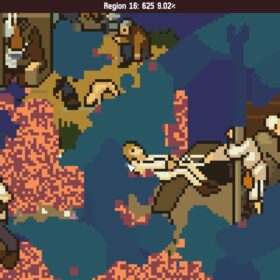
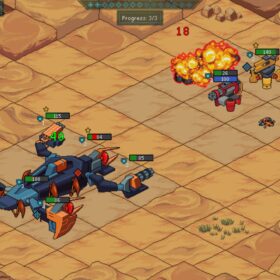


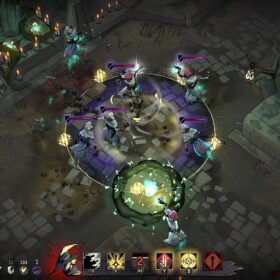
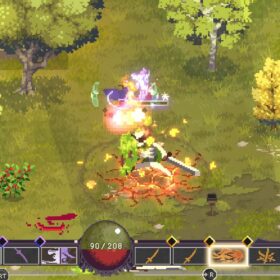
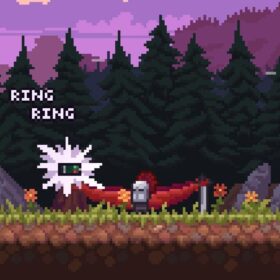
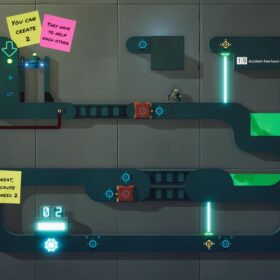
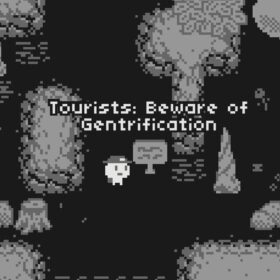

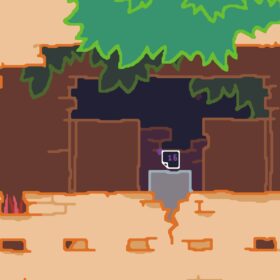
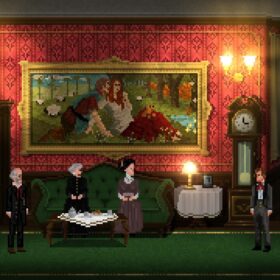


This looks really cool! I just recently started playing Shadows of Doubt, which is a detective game. It also has some very rudimentary “hacking” limited to finding out people’s passwords and reading their emails mostly, but that is couched in a wider variety of investigative techniques. I’m having such a fun time with it, I imagine i will like this one too.
One of my all time favourite gaming experiences was with Uplink, a hacking “simulator” game from years ago.
I wonder if this game scratches that same itch.